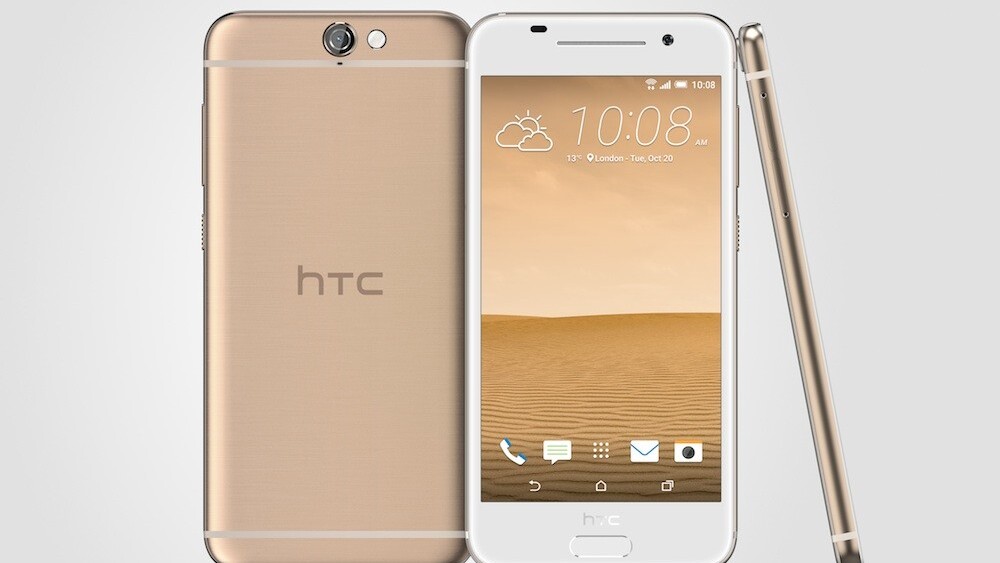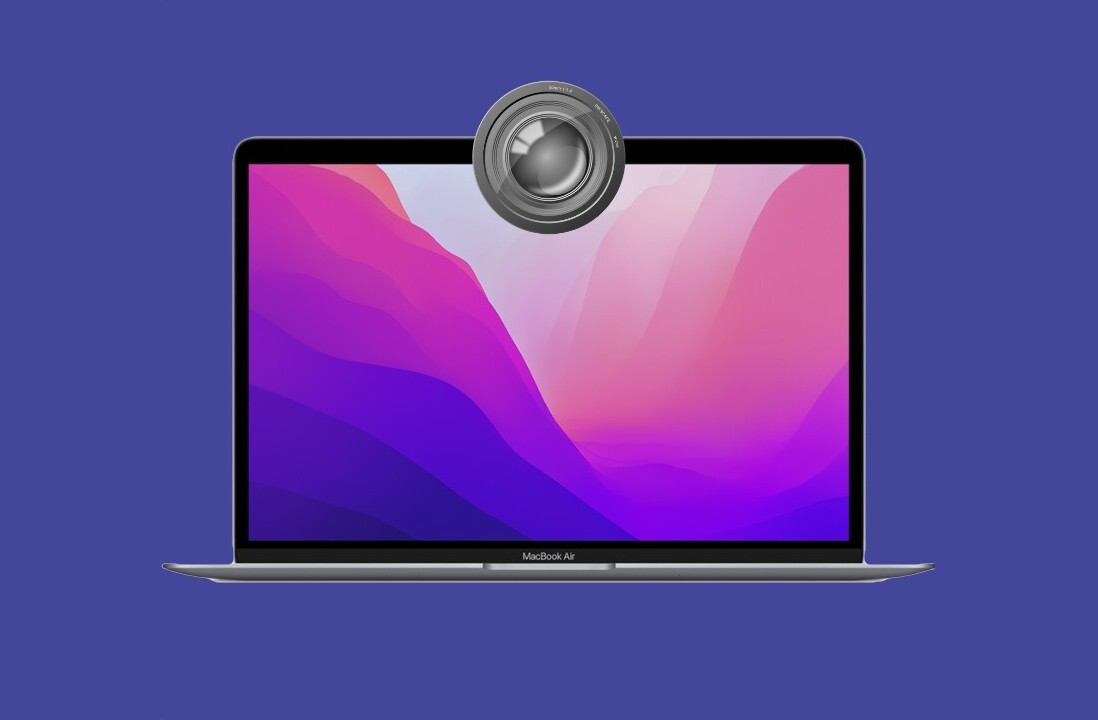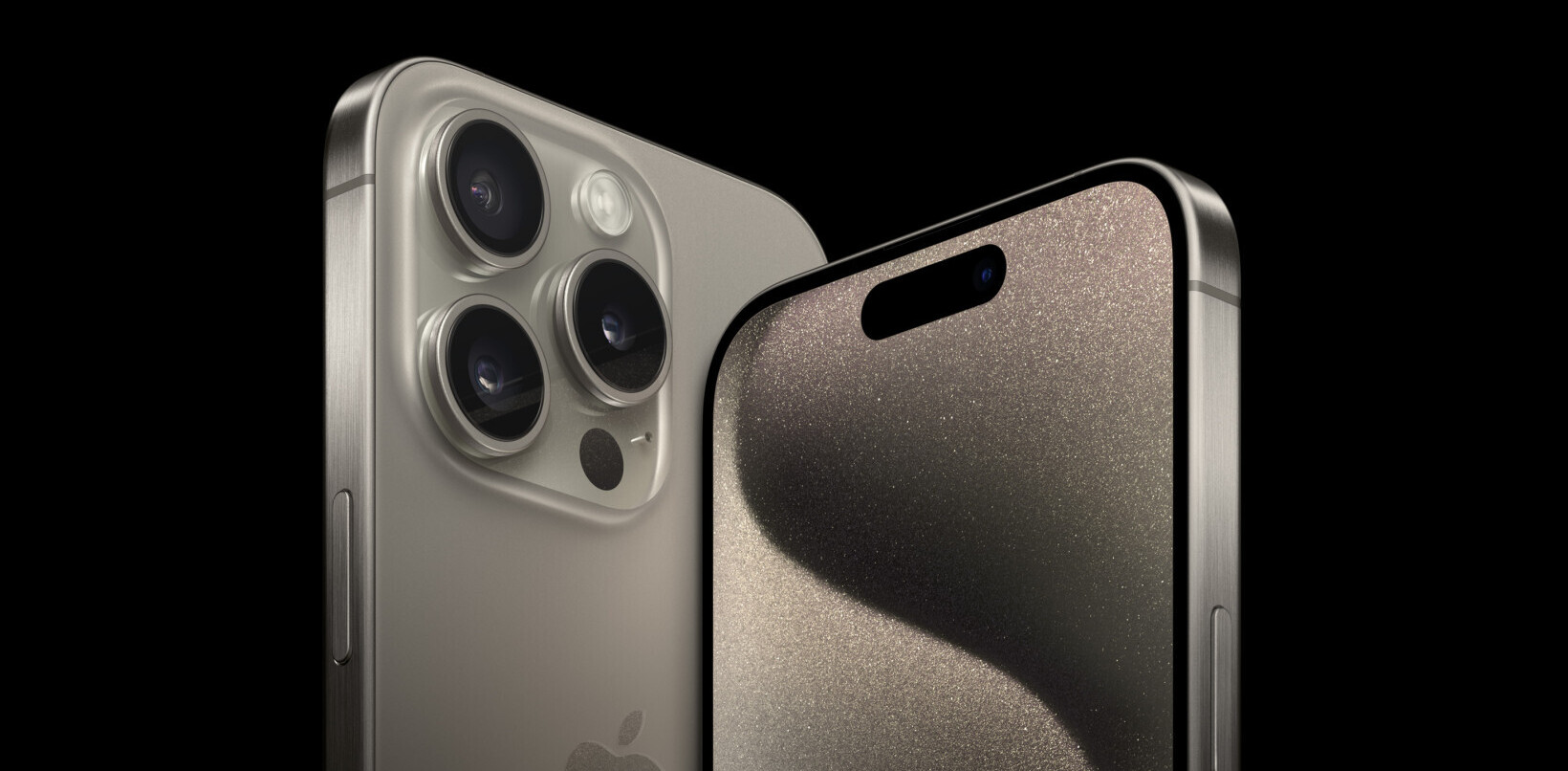
HTC caused a stir earlier this week when it unveiled its next phone. On the surface, the HTC A9 might as well be an iPhone 6 with a few things moved around. Sure, it runs Android, but the resemblance is uncanny.
Naturally, after days of endless internet bashing, HTC’s CEO came out and said that the company was “not copying” the iPhone and that it was Apple that actually copied its antenna design.
Real talk: HTC did this on purpose. It’s an intentional exercise designed to get the company more attention.
Just a month ago on a particularly painful earnings call, HTC announced losses of more than $160 million in a single quarter. To solve HTC’s woes, the company’s CFO, Chialin Chang said that it is working on a “fashionable and trendy phone.”
The HTC A9 is that ‘trendy’ phone and it’s intentionally designed to look just like the iPhone because it gets you talking about it. By designing a phone that looks close enough to the Apple’s flagship, HTC got more press than it could have ever dreamed of for what was otherwise a dull event.

If that sounds familiar to you it’s because that strategy isn’t particularly new: it’s the same playbook Samsung followed for years.
A huge Vanity Fair profile of Samsung’s endless court battles with Apple’s reveals exactly that:
It was really just another page from the Samsung playbook, used many times before: When another company introduces a breakthrough technology, muscle in with less expensive versions of the same product. And the strategy had worked, helping the Samsung Group to grow from almost nothing into an international behemoth.
Samsung’s approach to getting the Galaxy S any sort of presence in the market was quite literally comparing its own unreleased products directly to the iPhone and working to — it actually generated 126 page reports pointing out tiny differences, then ‘improved’ devices to work just like Apple’s.

The best part about this strategy is that the very drama surrounding the court case, tech media wrangling and consumer chatter is that it actually helped market the devices for them.
HTC, desperate for something to work and claw it out of what seemed like inevitable irrelevance, seems to have adopted Samsung’s very playbook. Make your product look like an iPhone and watch as everyone else does the marketing for you.
The worst part is the company will probably get away with it.
No doubt, Apple’s lawyers are probably mulling whether it’s worth pursuing the company in court, but that battle would likely be long and protracted as it was with Samsung v Apple. It might go after HTC to prove the point, but it’s likely not worth the time.
Know this: what HTC is doing is almost surely intentional. When it talked about building a “more fashionable phone” in August, it just meant emulating the most fashionable phone out there.
To be clear, I have no idea if HTC conspired to intentionally copy Apple on a grand scale like Samsung did, but it sure seems like the company has motivation to do it.
The question is, will this strategy work a second time around? It’s hard to say, but I have a feeling that ship has sailed. HTC might sell a few more phones, but just copying the iPhone won’t be enough anymore.
With an onslaught of high-end alternatives to the iPhone like the Nexus 6P, Samsung Galaxy S6 and others, there’s no room left for an iPhone clone.
Get the TNW newsletter
Get the most important tech news in your inbox each week.





